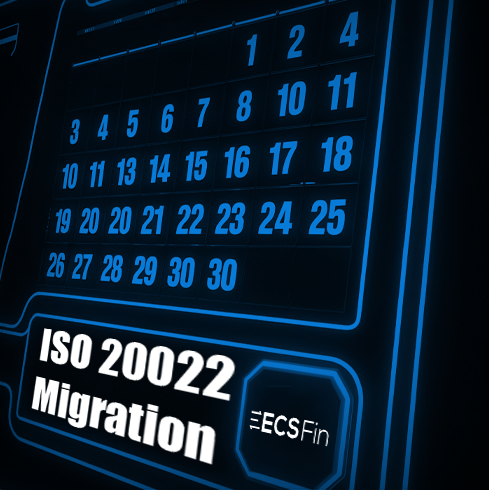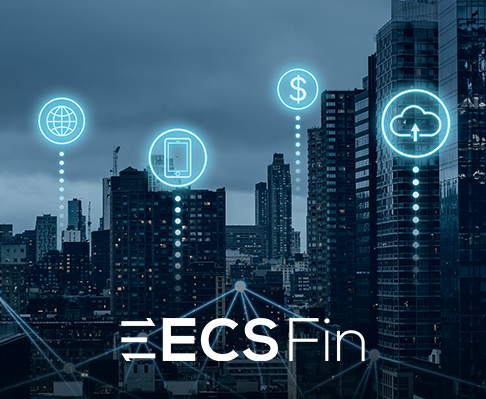Blog
Fintech Trends 2025:
Where Is the Industry Headed?
This month, leading industry minds came together at ECS Fin’s internal conference to uncover what lies ahead. Their insights spotlight five transformative trends defining the fintech landscape in the coming year. Let’s dive into the Fintech trends for 2025:
Fintech Trends: Payment Modernization & Digitalization as a catalyst for growth
• Enable 24×7 digital payments.
• Balance bundled and unbundled offerings.
• Prioritize stability and scalability to stay competitive.
Legacy systems can no longer keep up. Banks need a clear roadmap that integrates growth, value, and resilience to stay ahead in this evolving space.
ECS Fin's Role in Payment Modernization
• Cloud-Native Architectures: Enabling scalability, agility, and enhanced performance.
• API Integration: Seamlessly connecting systems for real-time data exchange and efficiency.
• Real-Time Payments: Supporting instant fund transfers to meet customer expectations.
IMS goes beyond traditional solutions, offering modular components to create tailored payment strategies that align with each bank’s unique needs. It’s more than modernization—it’s a leap into the future.

Fintech Trends: ISO 20022 Migration - The Countdown to November 2025
Post-2026, additional milestones will refine processes and unlock new efficiencies, solidifying ISO 20022’s role as the backbone of modern financial transactions. As the clock ticks toward these deadlines, the pressure is on institutions to adapt, ensuring they harness the full potential of this transformative change.
ECS: Simplifying the ISO 20022 Transition

Fintech Trends: Embedded finance
ECS’ Embedded Finance solutions designed for your growth
Customer-Centric:
Built with the end customer in mind, ensuring seamless experiences and addressing evolving needs.
Opportunity-Driven:
Anticipates market trends to unlock new revenue streams.
Engineered for Speed:
Fintech Trends: T+1 settlement cycle
How Our T+1 Solutions Can Transform Your Operations
Unique Transaction Identifier (UTI):
SWIFT Securities View Integration:
Conclusion
2025 marks a pivotal year for the financial industry, driven by transformative advancements in payments and technology. The adoption of ISO 20022 will reach a decisive milestone as the coexistence period for MT and ISO 20022 cross-border payments concludes in November, reshaping the global payments ecosystem.
Embedded finance will gain momentum as non-financial brands integrate banking, payments, and lending into their offerings, enriching customer experiences. Simultaneously, the transition to a T+1 settlement cycle will enhance efficiency and reduce risk across financial markets. Together, these shifts herald a new era of innovation and progress for the fintech and financial sectors.
Take a look at our blog
Don’t miss the opportunity to keep up to date with the latest fintech trends.



